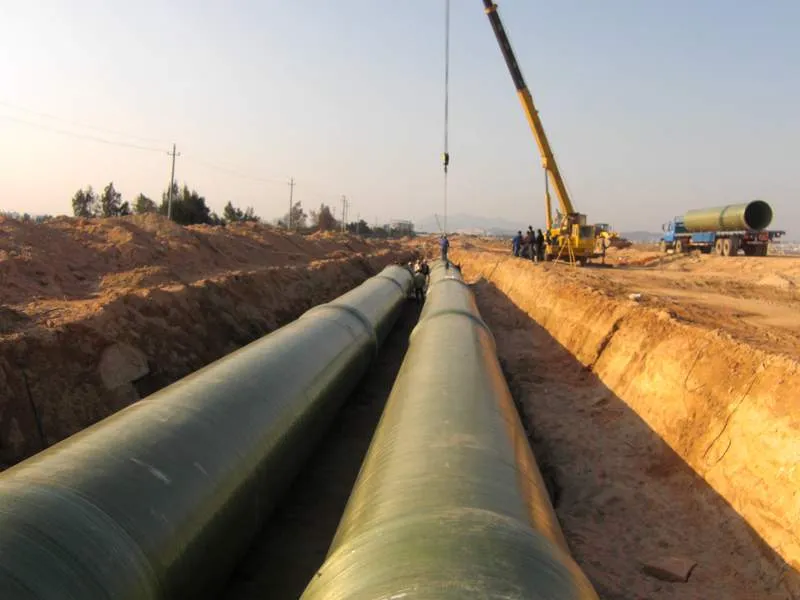
-
 Afrikaans
Afrikaans -
 Albanian
Albanian -
 Amharic
Amharic -
 Arabic
Arabic -
 Armenian
Armenian -
 Azerbaijani
Azerbaijani -
 Basque
Basque -
 Belarusian
Belarusian -
 Bengali
Bengali -
 Bosnian
Bosnian -
 Bulgarian
Bulgarian -
 Catalan
Catalan -
 Cebuano
Cebuano -
 China
China -
 China (Taiwan)
China (Taiwan) -
 Corsican
Corsican -
 Croatian
Croatian -
 Czech
Czech -
 Danish
Danish -
 Dutch
Dutch -
 English
English -
 Esperanto
Esperanto -
 Estonian
Estonian -
 Finnish
Finnish -
 French
French -
 Frisian
Frisian -
 Galician
Galician -
 Georgian
Georgian -
 German
German -
 Greek
Greek -
 Gujarati
Gujarati -
 Haitian Creole
Haitian Creole -
 hausa
hausa -
 hawaiian
hawaiian -
 Hebrew
Hebrew -
 Hindi
Hindi -
 Miao
Miao -
 Hungarian
Hungarian -
 Icelandic
Icelandic -
 igbo
igbo -
 Indonesian
Indonesian -
 irish
irish -
 Italian
Italian -
 Japanese
Japanese -
 Javanese
Javanese -
 Kannada
Kannada -
 kazakh
kazakh -
 Khmer
Khmer -
 Rwandese
Rwandese -
 Korean
Korean -
 Kurdish
Kurdish -
 Kyrgyz
Kyrgyz -
 Lao
Lao -
 Latin
Latin -
 Latvian
Latvian -
 Lithuanian
Lithuanian -
 Luxembourgish
Luxembourgish -
 Macedonian
Macedonian -
 Malgashi
Malgashi -
 Malay
Malay -
 Malayalam
Malayalam -
 Maltese
Maltese -
 Maori
Maori -
 Marathi
Marathi -
 Mongolian
Mongolian -
 Myanmar
Myanmar -
 Nepali
Nepali -
 Norwegian
Norwegian -
 Norwegian
Norwegian -
 Occitan
Occitan -
 Pashto
Pashto -
 Persian
Persian -
 Polish
Polish -
 Portuguese
Portuguese -
 Punjabi
Punjabi -
 Romanian
Romanian -
 Russian
Russian -
 Samoan
Samoan -
 Scottish Gaelic
Scottish Gaelic -
 Serbian
Serbian -
 Sesotho
Sesotho -
 Shona
Shona -
 Sindhi
Sindhi -
 Sinhala
Sinhala -
 Slovak
Slovak -
 Slovenian
Slovenian -
 Somali
Somali -
 Spanish
Spanish -
 Sundanese
Sundanese -
 Swahili
Swahili -
 Swedish
Swedish -
 Tagalog
Tagalog -
 Tajik
Tajik -
 Tamil
Tamil -
 Tatar
Tatar -
 Telugu
Telugu -
 Thai
Thai -
 Turkish
Turkish -
 Turkmen
Turkmen -
 Ukrainian
Ukrainian -
 Urdu
Urdu -
 Uighur
Uighur -
 Uzbek
Uzbek -
 Vietnamese
Vietnamese -
 Welsh
Welsh -
 Bantu
Bantu -
 Yiddish
Yiddish -
 Yoruba
Yoruba -
 Zulu
Zulu
frp pipes and fittings for ship building
FRP Pipes and Fittings for Shipbuilding Enhancing Marine Engineering
In the shipbuilding industry, the materials used in the construction and assembly of vessels play a crucial role in determining performance, durability, and overall safety. Among the various options available, Fiber-Reinforced Polymer (FRP) pipes and fittings have emerged as a favored choice, offering numerous advantages that are particularly beneficial for marine applications.
FRP Pipes and Fittings for Shipbuilding Enhancing Marine Engineering
One of the most significant benefits of FRP piping systems is their resistance to corrosion, especially in a marine environment where exposure to saltwater and various chemicals is inevitable. Traditional materials such as metals are prone to rust and degradation over time, leading to frequent maintenance and replacement expenses. In contrast, FRP's inherent properties render it highly resistant to corrosion, thus extending the lifespan of piping systems and reducing maintenance efforts and costs.
frp pipes and fittings for ship building

In addition to corrosion resistance, FRP pipes offer excellent chemical resistance, making them suitable for transporting a wide range of fluids, including fuels, oils, and various chemicals commonly used in ship operations. This adaptability ensures that shipbuilders can implement a comprehensive range of systems without compromising safety or performance. Furthermore, the non-conductive properties of FRP provide additional safety benefits, preventing electric currents from traveling through the pipes and reducing the risk of accidents on board.
The ease of installation is another advantage of FRP piping systems. They are lightweight and often come in longer lengths compared to traditional materials, which minimizes the number of joints and potential leak points. Fewer joints not only reduce installation time and labor costs but also enhance the integrity and reliability of the overall system. Moreover, the flexibility of FRP allows for intricate installations, accommodating the complex layouts often required in modern vessels.
However, the advantages of FRP go beyond technical properties. The ability to customize FRP pipes and fittings to meet specific design requirements allows for greater design flexibility within shipbuilding projects. Manufacturers can tailor the dimensions, shapes, and mechanical properties of FRP components to optimize their performance for specific applications, thus enhancing the efficiency and functionality of marine vessels.
In conclusion, the incorporation of FRP pipes and fittings in shipbuilding represents a significant advancement in marine engineering. With their lightweight, corrosion-resistant, and flexible properties, these materials offer shipbuilders a superior alternative to traditional piping systems. As the maritime industry continues to seek innovative solutions to enhance performance and sustainability, FRP technology is poised to play a pivotal role in the future of shipbuilding. By embracing these advanced materials, the industry can achieve greater efficiency, safety, and durability in the ever-demanding environment of maritime operations.









